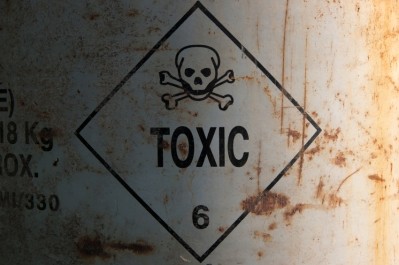Ethyl Carbamate in food, drink as dangerous as diesel
posed by ethyl carbamate, a naturally ocurring substance in
fermented food and beverage products that is now classed as
dangerous as acrylamide and diesel fuel.
The World Health Organisation (WHO) has officially labelled ethyl carbamate, a compound produced during yeast fermentation, as a Group 2A carcinogen, ranking it alongside other substances likely to cause cancer in humans.
These also include acrylamide, arsenic, anabolic steroids, mustard gas and diesel engine exhaust, said the WHO's International Agency for Research on Cancer (IARC).
Ethyl carbamate is a compound that can naturally occur in fermented foods and beverages, such as spirits, wine, beer, bread, soy sauce and yoghurt.
The compound is formed during the fermentation process, distillation or during storage.
Now, because of this compound's new-found fame for all the wrong reasons, suppliers to food and drink manufacturers are increasingly examining ways to cut ethyl carbamate out of products. "
Based on studies like this IARC re-evaluation, the concern and awareness over the natural occurrence of and exposure to ethyl carbamate in many common human diet items like wine and spirits continues to increase," said Geoff Lee, a product development director for biotech firm, First Venture.
Venture's Geoff Lee said there was a "compelling market need" to find ways of reducing ethyl carbamate contamination in a range of products.
Concern among regulatory authorities is also growing.
The European Food Safety Authority in November called on member state regulators to send in any data on levels of ethyl carbamate , and also cyanides, in foods and beverages.
First Venture, which specialises in yeast products, said it had conducted trials on a new method of minimising and even eliminating ethyl carbamate from wine.
The platform yeast technology, originally developed at The University of British Columbia, "substantially reduces" formation of the compound, the firm said.
Its yeast reduced levels of the substance in red wine by up to 89 per cent, according to a study published in the American Journal of Enology and Viticulture last year.
Tests in First Venture's own lab also found the yeast cut ethyl carbamate in bread by up to 54 per cent.
Another study, from the University of California Davis, found that using First Venture's yeast did not alter the quality of wine, compared to using conventional yeast strains.






